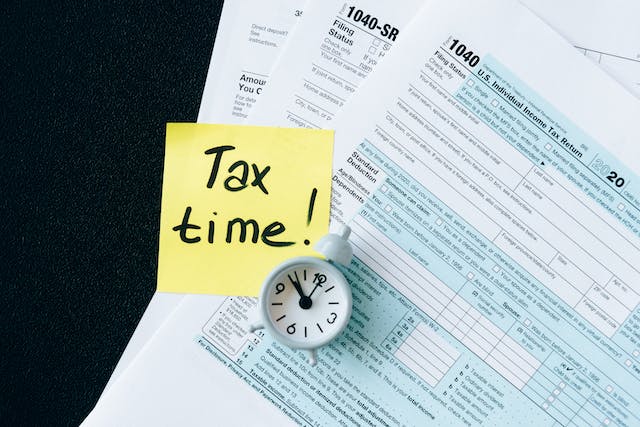
Anyone who wants to get into New York’s commercial real estate business needs to familiarize themselves with a host of rules and regulations. While you do that, it’s also a good idea to learn more about real estate taxes and what local laws can mean for your property tax bill each year. Not every building in New York receives the same kind of evaluation, so what you end up owing could drastically differ from your estimates if you are just making guesses. A Long Island, NY real estate closing lawyer can help you protect your assets and learn more about what you are getting into.
Does New York Calculate Real Estate Taxes Differently For Commercial Properties?
To put things simply, yes. New York has its way of determining real estate taxes, but it does not treat residential and commercial properties the same. The value of the property is still the chief factor determining your tax bill, but the effective tax rate on a residential property is going to be much lower than the ETR on a commercial property. In fiscal year 2017, commercial real estate had an ETR of 3.87% compared to an ETR of .74% for small homes.
Can Commercial Properties Benefit From Tax Abatements?
Commercial properties can qualify for tax abatements and some exemptions. Not all of the ones available to residential homeowners are available to commercial real estate owners though.
According to data from 2016, 442 abatements were issued through the Industrial and Commercial Abatement Program. These abatements were worth around $28 million. So qualifying for certain abatements can certainly make a difference when your final property tax bill is being tabulated.
How Can Real Estate Taxes Affect Lease Terms?
The real estate taxes that you owe could certainly affect the terms of any lease deal you make with renters. This is because, depending on what kind of lease agreement you make, your renter could be on the hook for paying the taxes. It all depends on what kind of “net lease” your renters end up signing.
When a single net lease is signed, a renter agrees to pay rent and one of three expense categories. These are taxes, insurance, and maintenance. Someone with a double net lease pays two expense categories and someone with a triple net lease pays all three. So, depending on what kind of tax assessment your commercial property received, a potential renter may balk at paying the taxes as a part of a net lease. The final terms of your lease are certain to have an impact on your profits,
Contact an Experienced Real Estate Lawyer
If you have questions about real estate taxes and costs, you should try to answer them before you make any major decisions. Contact David A. Gallo & Associates LLP today and schedule a consultation with our team. We can advise you on what to do next and answer any questions that you have.



